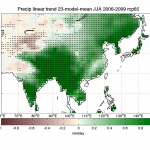
A “Monsoon” is traditionally defined as a seasonal reversing surface wind and corresponding change in precipitation. Monsoon regions experience a sharp contrast between a wet summer and a dry winter. The Asian monsoon, including regional monsoons over South Asia, East Asia and Northwest Pacific, is one of the major monsoon systems of the world. Since summer monsoon precipitation dominates the total annual precipitation in these regions, analyzing changes to the monsoon has important implications for water resources, agriculture, food security, etc.
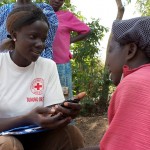
In rural Uganda, an evaluation to discover how much a Red Cross project taught communities about climate change and disaster risk reduction instead shows how much there is to learn from these communities.
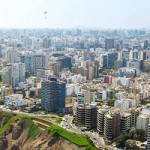
Climate change has been ascending in the Peruvian environmental public agenda, with greenhouse gas (GHG) mitigation being recognized as an opportunity to address structural issues such as environmental degradation, social conflict, and competitiveness. As one of the fastest growing countries in Latin America, Peru has the opportunity to shape its development model before getting locked-in to a highly emitting, low technology and socially exclusive economy
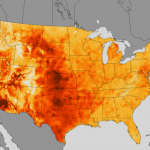
How hot is too hot? How much does humidity matter? Is a heat wave in May worse than one in August? These are the questions being worked out at the IRI, in pursuit of creating a heat wave map room for the Red Cross/Red Crescent Climate Centre. The questions are deceptively simplistic, but the answers could have major health implications. And they’ve been on the mind of one Climate and Society student every day this summer.
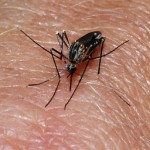
Early Warning Systems based on seasonal climate forecasts together with Early Detection Systems have proved essential to preventing and controlling malaria and cholera outbreaks throughout Sub-Saharan Africa.
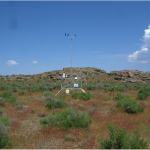
The heated debate on climate change often brings into question how much our planet may or may not actually be warming. Are recent heat waves and wild land fires actual phenomena of anthropogenic climate change or are they nothing more than a sporadic event experienced from time to time? And just how accurate is station data utilized to make future projections?

With international policy efforts to limit greenhouse gas emissions stalling over the past two decades, it is an increasingly recognized opinion that climate change adaptation strategies, and the policies that enable them, must be given immediate priority. In contrast to mitigation, adaptation seems in many ways the more straightforward approach to tackling the challenges of climate change, with more attainable goals in the short term.
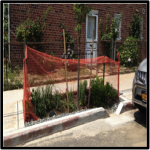
New York. A torrential downpour. Suddenly, the edges of pavements are gushing rivers. Did you ever stop to think – where does this stormwater go? Alice Cowman has some answers and a look at innovative solutions to ensure cities aren’t swamped.
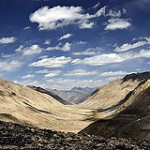
Seasonal climate forecasts can be integral pieces in natural resource management decisions for Tajikistan, considering its lack of climatic data and vulnerability to climate change.

Can science and social capital go hand in hand? How do we approach climate change without seeming preachy? Is there a way to integrate science into daily social interactions, and if so, how far can it go?













